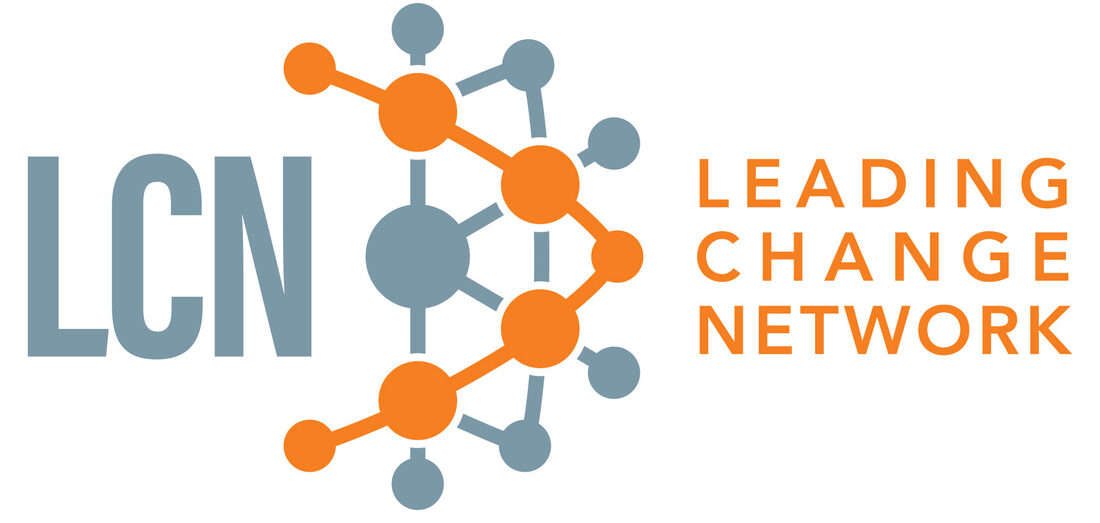|
The beginning of September feels like a fresh start, and I often find myself a little restless around this time of year. After some relaxation and a softer summer schedule, I’m ready for a new challenge to go with my new notebooks and pencils.
This isn’t everyone’s rhythm; even if it was three years ago, it might not be now. Especially in the social service sector, some of the colleagues I most admire are tired, treading water and certainly not feeling like they have the energy for new endeavours. And yet. There is so much to do. I don’t mean our to-do lists, although those are almost certainly too long. I’m referring to more existential things like our roles in dismantling oppressive systems. And I submit for your consideration the possibility that coming together in community for a common goal may provide just the restorative boost you need. It’s not another thing to do, it could be the energy source to power you through your to-dos. So! Whether you are looking for validation or inspiration for your next right thing, I’m sharing two excerpts from Seth Godin, perhaps not obviously related but both rolling around in my brain right now, and a consideration related to success anxiety, a term I just learned.
0 Comments
For this month's post, I'm sharing an article I wrote recently for Charity Village on leading with curiosity in our advocacy.
“Curiosity is the pre-requisite to change,” writes journalist and author Amanda Ripley. Coming to a conversation ready to listen and to hear the perspectives of others while holding our assumptions loosely is a proven way to have positive conversations that generate more creative outcomes and leave all parties feeling heard and respected. And while it isn’t always my first instinct in my advocacy work, when I lead with curiosity, I’m consistently pleased with both the outcomes and the process of how we got there. The benefits of staying curious have come up in my reading a lot lately, so I’m sharing my three favourite reasons here. Read Three Reasons to Lead with Curiosity in Our Advocacy on CharityVillage.com Whether it is the so-called dangers of paying people to donate their plasma, the emotional responses to Policy 713 in New Brunswick, or the recent anti-homelessness bylaw shenanigans in Barrie, my inbox, newsfeed, and conversations in the last month have been especially ripe pickings for examples of misinformation, disinformation, and logical fallacies, personally and professionally.
I’ve pulled together a few resources to help us spot misinformation, disinformation, and the most common logical fallacies, along with some tips on effective responses to them to help disrupt harmful arguments and campaigns. I really enjoyed Todd Kashdan’s book The Art of Insubordination: How to Dissent & Defy Effectively. He writes all kinds of fun, helpful things for “anyone seeking to be heard, make change, and rebel against an unhealthy, stagnant status quo.” Like a chapter called The Critical Importance of Cartwheeling in the Library, and another with the subtitle How to win over an audience of skeptical conformists.
He calls us principled rebels, which I enjoy very much. He shares evidence-based advice on how to talk persuasively, develop mental fortitude even when your ideas are routinely shot down, prevent moral hypocrisy if you win, be a better ally to other principled rebels, overcome our own internal resistance to change, and foster environments where people can speak up with weird ideas. But today I want to share the takeaways from the chapter on raising insubordinate kids. The book is dedicated to the author's three daughters: “My hope is you are empowered to rebel against every norm, rule, order, and authority figure that warrants insubordination, and you live life on your own terms.” I know it would be easier for us if the kids could be compliant while they were young and then suddenly become free-thinking agents of change once they moved out, but that isn’t usually how these things work. So if you are a parent/aunt/uncle/teacher/librarian interested in encouraging the principled rebels of tomorrow, read on. As soon as I saw this book in an airport bookstore, I added it to my TBR pile. Magic Words: What to Say to Get Your Way, by Jonah Berger. Are you kidding me? Take my money. Getting my way is one of my most favourite things.
Berger notes that we use around sixteen thousand words each day (some of us more…). But while we spend a lot of time using language, we give relatively little thought to the specific words we use.We may think our ideas are most important, and the words we use are inconsequential. But we would be wrong. Berger lays out a number of tips and tricks to help us communicate more effectively, some small and some big, and all backed by studies. As usual, if this sounds like your jam, you should totally read the book. If you’re short on time or attention for the whole book but interested in tips to be a more influential communicator, my favourite three takeaways are below. One of my favourite kinds of science is the kind that help me understand how to get people to do what I want them to do…for the betterment of society, of course. This is a consistent theme in my TBR pile.
I recently finished Infuence Is Your Superpower: The Science of Winning Hearts, Sparking Change and Making Good Things Happen, by Zoe Chance. This book is an incredible cocktail of memorable stories and scientific research about how to be more persuasive in an ethical way. Adam Grant calls it “An engaging book on the science of encouraging other people to say yes.” If this stuff is interesting to you, you should read the whole book. Chance explains conscious and subconscious decisions with a whole Gater and Judge bit that makes it easy to understand (finally) why facts aren’t as persuasive as we think they are. The insights about the Path of Least Resistance and Framing are really useful, as is the explanation about why changing someone’s mind won’t necessarily change their behaviour. But in this post, I’m sharing my single most significant takeaway for those of us out here disrupting for good, that can be implemented immediately with tremendous impact: the Magic Question. As I recently shared, increasingly taking a posture of solidarity has left me more angry. It seemed like maybe my anger was being used against me last fall to shut down conversations that needed to be had, so I was reconsidering the strategic pros and cons of that anger. This topic resonated with a lot of you.
So this is a deep dive/rant about the role of women’s rage in disrupting for good, mainly with insights from two books: Rage Becomes Her: The Power of Women’s Anger by Soraya Chemaly, and Good and Mad: The Revolutionary Power of Women’s Anger, by Rebecca Traister. Both came out in 2018 at the height of the #MeToo movement. (They are both good, but if you are only going to read one for your own deep dive into using anger strategically, read Rage Becomes Her. Unless stated otherwise, that’s where the quotes in this post are from.) Let’s dig in. Happy New Year! Today is my 42nd birthday and the 2-year anniversary of the Disrupt For Good Blog. It all began with my New Year’s Revolution/40th Birthday Manifesto. Whether you’ve been here since day one or you’re new, thanks for joining in the conversation about how to disrupt the social services sector for good and intentionally centre our work in justice approaches.
Today I'm sharing some 2022 highlights and a few thoughts as we move into 2023. Yesterday I was working into the evening, and my daughter told me I was in the grind.
That is the opposite of what I want to be. It is the opposite of what I want to model for my daughter. And also, I don’t think resting and disrupting for good should be at odds. Which means that the way I am working—trying to cram in a too-long list of to-dos, picking up slack and being mad about it—isn’t aligning with my values and with who I want to be. So today I’m thinking about rest as resistance. Disruptive rest. And our tour guide for this work is the leader of the Nap Ministry, Nap Bishop Tricia Hersey. Last week I had the honour of participating in the first Community Change Experience, held in Delray Beach, Florida. The 3-day gathering was a joint initiative of Palm Health Foundation, Tamarack Institute, Tenacious Change, and EJS Project.
I want to share my main takeaways with you. |
AuthorI'm Jennifer. I am an advocacy and communications strategist working with multiple charities and nonprofits. And I want to disrupt our sector for good. Archives
April 2024
Categories |

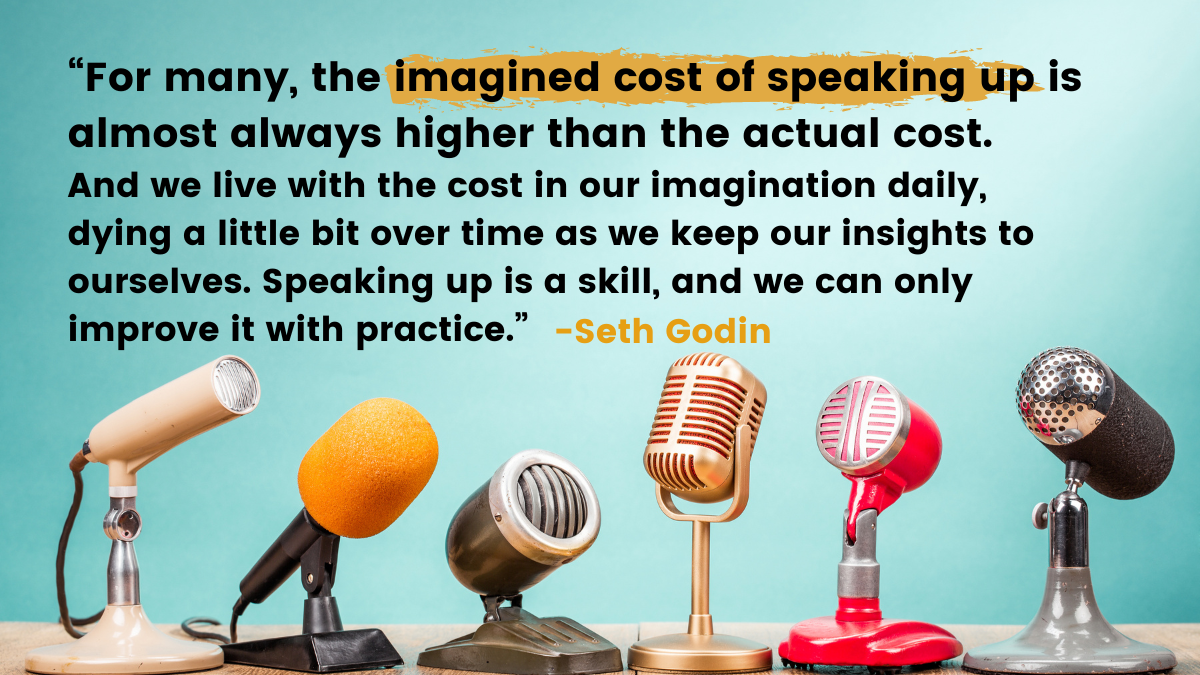
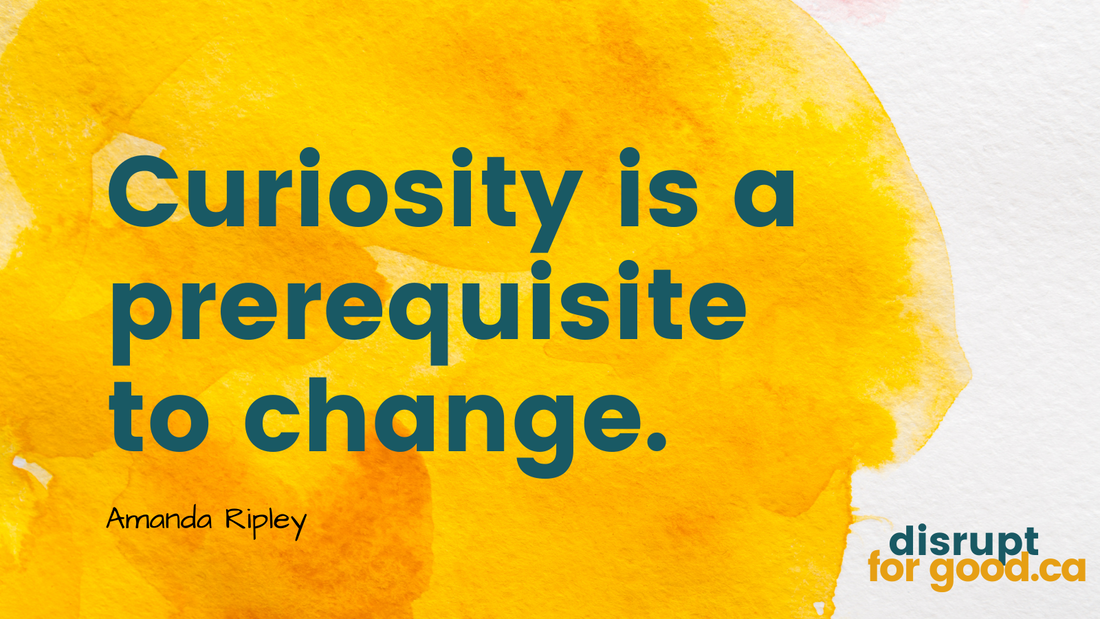
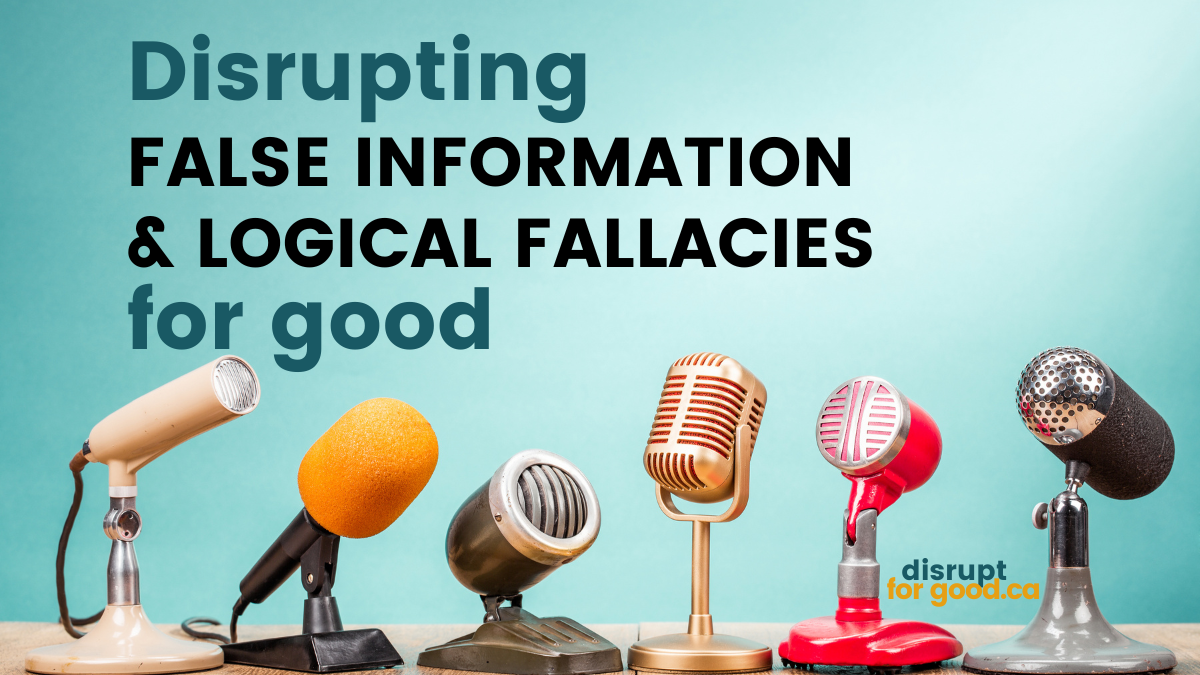
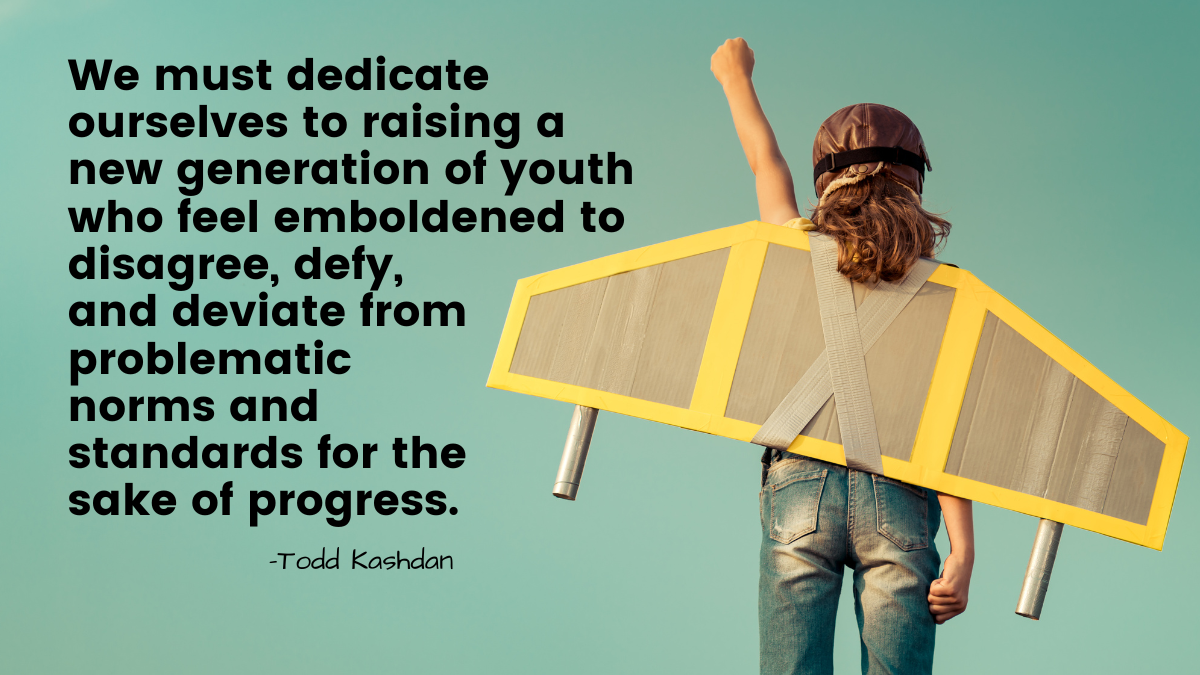
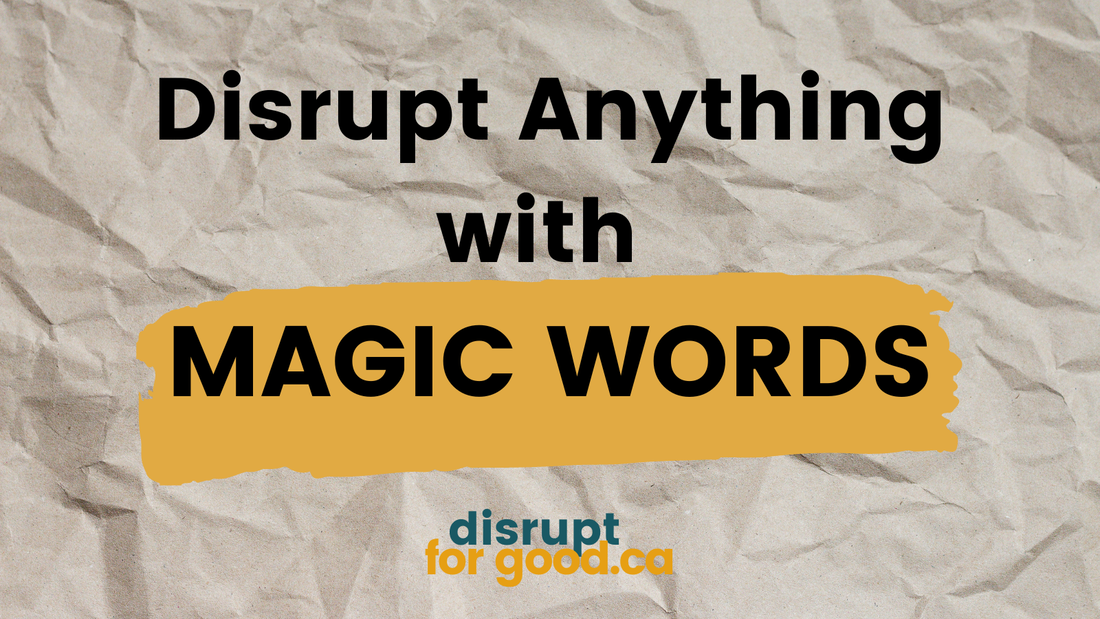
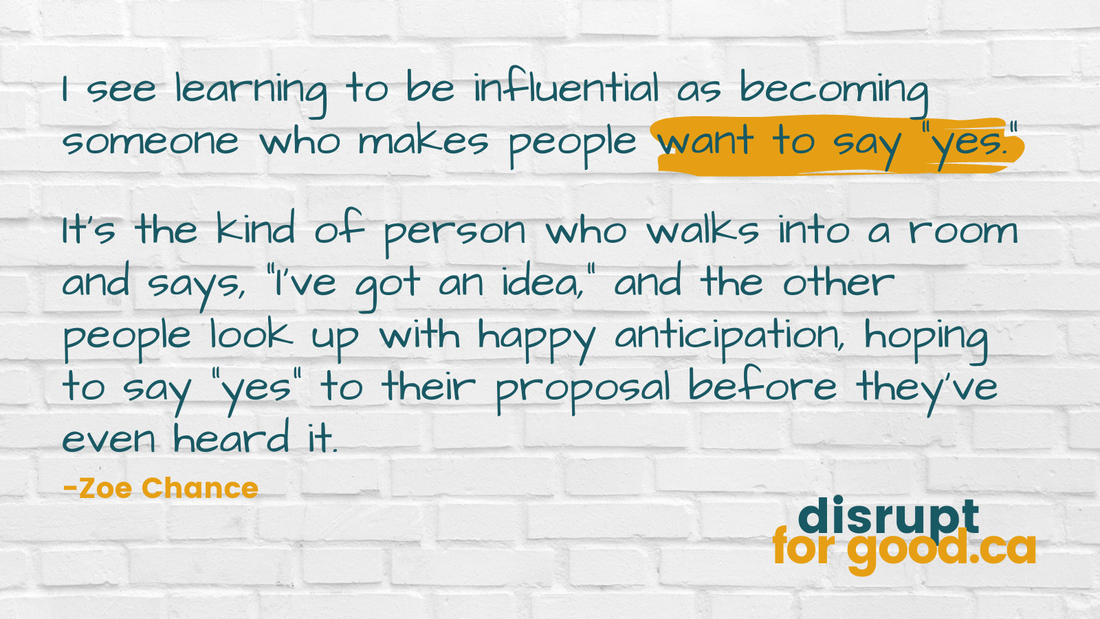
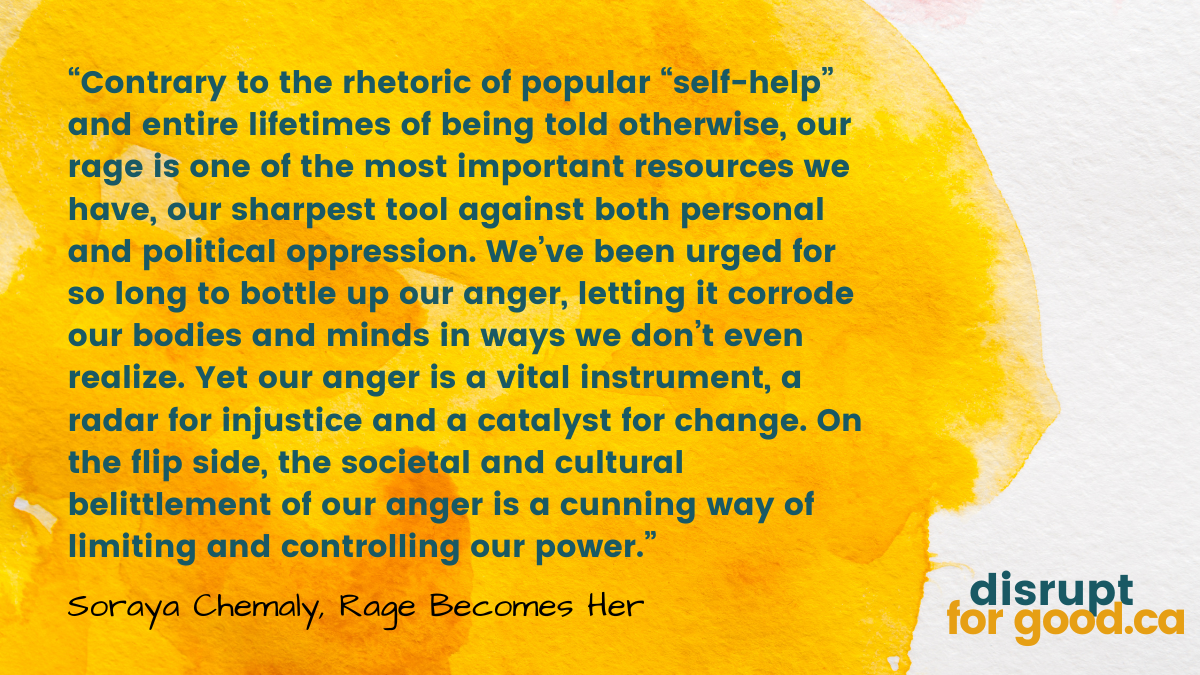
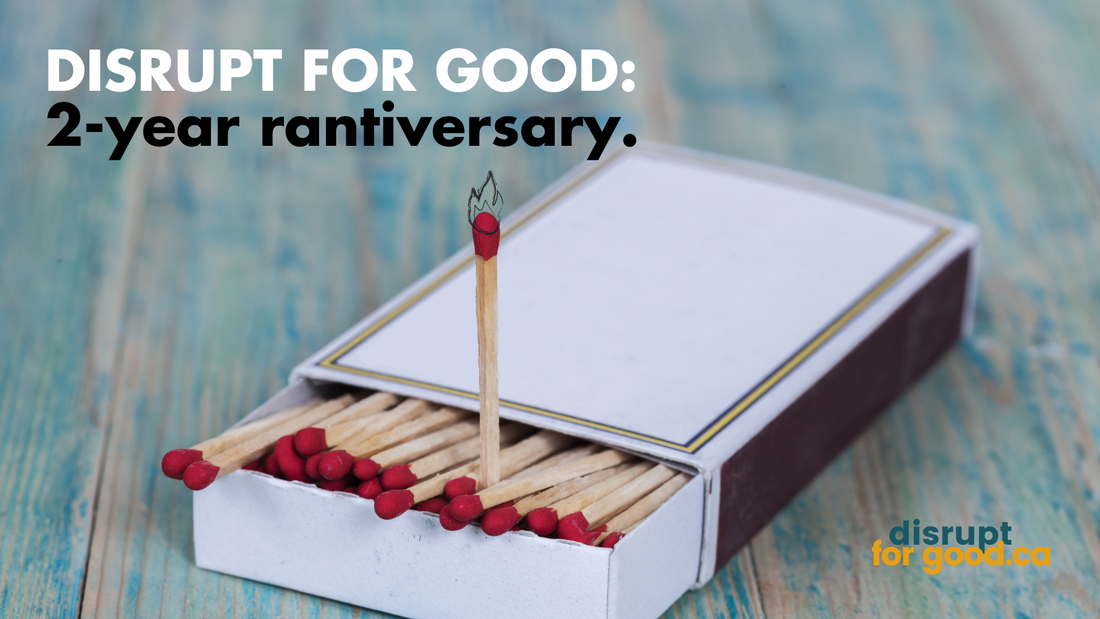

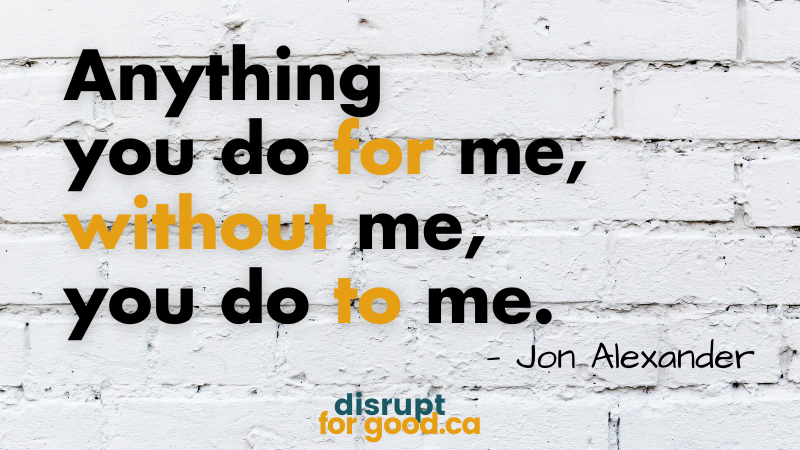
 RSS Feed
RSS Feed
